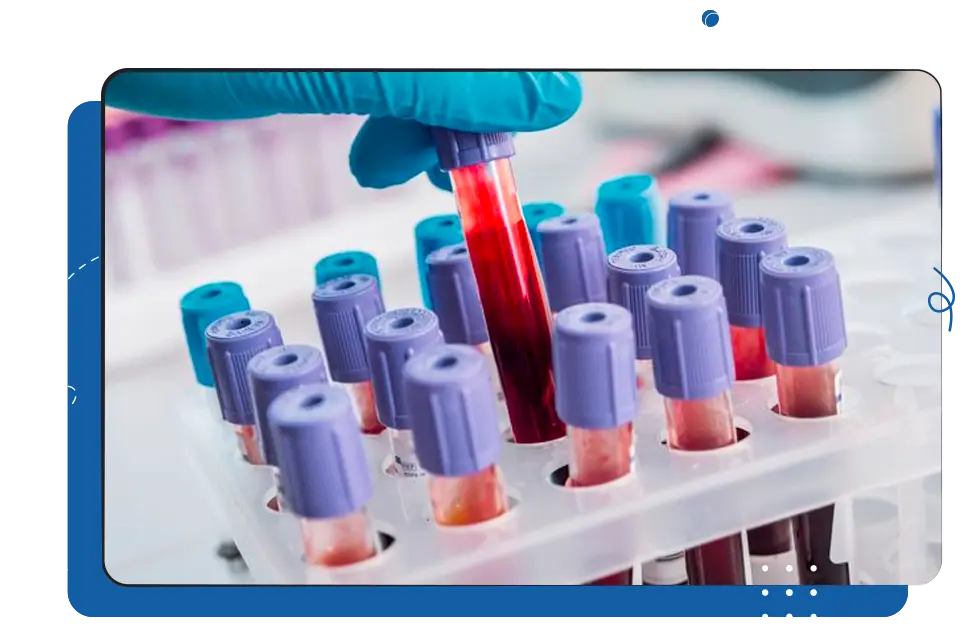CTE Curriculum
Prepare learners with CTE curriculum aligned to industry standards.
About the Course
The Forensic Science course uses a structured and scientific approach to the investigation of crimes of assault, abuse and neglect, domestic violence, accidental death, homicide and the psychology of criminal behavior. Students will learn terminology and investigative procedures related to crime scene, questioning, interviewing, criminal behavior characteristics, truth detection and a variety of scientific procedures used to solve crimes.
SAMPLE LESSON
DNA Analysis
Each lesson includes media-rich presentations, a pre-made lesson plan, assessments and engaging real-world projects and activities. To get an idea of what iCEV offers, explore the sample lesson and resources below.
Lesson Resources:
Lessons Available in This Course
- Autopsy Process
- Ballistics
- Blood Spatter
- Conducting Lab & Field Investigations: Forensic Science
- Crime Scene Sketching
- Criminal Justice Terminology
- Criminal Law History & Development
- Death Investigations
- Decomposition Analysis
- Digital Forensics
- DNA Analysis
- Document Analysis: Forgery & Counterfeiting
- Document Analysis: Handwriting
- Document Analysis: Materials
- Ethics in Forensic Science
- Evidence Collection: Laws & Regulation
- Evidence Collection: Procedures
- Explosives, Hazardous Materials & Arson
- Fingerprint & Impression Analysis
- Forensic Anthropology & Odontology
- Forensic Entomology
- Forensic Psychology
- Forensic Science Safety & Regulations
- Forensic Thinking & Problem Solving
- Introduction to Forensic Science
- Mathematics in Forensic Science
- Professionalism in the Sciences: Forensic Science
- Serology, Blood & Bodily Fluids
- Technical Writing in Forensic Science
- Tool Mark Analysis
- Tools in Forensic Science
- Toxicology & Controlled Substances
- Trace Evidence: Glass & Paint
- Trace Evidence: Hair & Fiber





